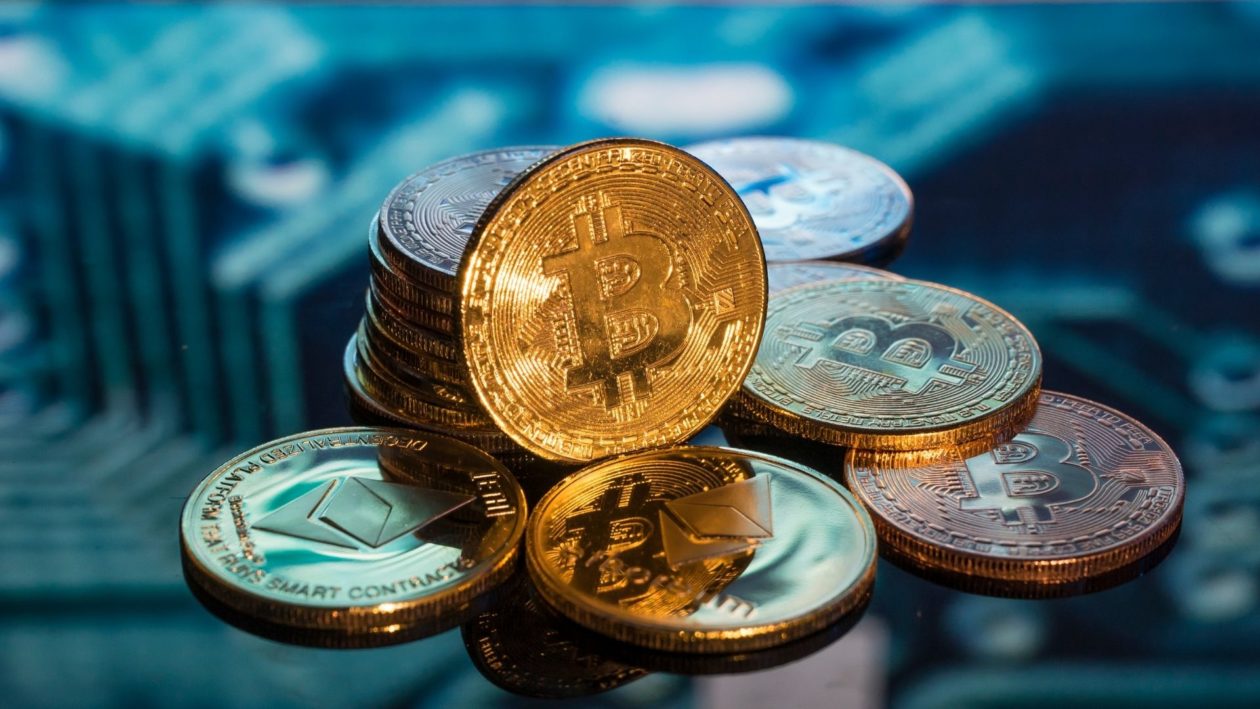Markets on Tuesday in the U.S. were unsettled by the prospect that energy crises in Europe and China could lift inflation to new highs, compelling central banks to reverse accommodations sooner than expected. US Treasuries reacted with a fierce rise in yields and that spilled over to the equity markets.
Although the markets drove down share prices of technology companies with valuation multiples that rely on energy and could be vulnerable to faster rising inflation, “crypto stocks” like MicroStrategy, Coinbase, Square and Paypal that trade at much higher valuations and have direct exposure to Bitcoin and Ethereum, were less affected. Let’s examine what might be happening there and why it’s good news for Bitcoin.
Bitcoin’s resilience during this tech selloff may indicate that investors have changed their attitude. For some time, there has been debate focused on what precise role Bitcoin plays in financial markets: Is it a safe haven, a store of value, a currency or a commodity? From a macro perspective, a defined role for crypto could provide a credible hedge against economic changes such as a sudden burst of inflation. Skeptics argue, however, that a volatile asset like Bitcoin could not provide any dependable hedge or insurance. But selloffs in equities, particularly technology, often lead investors to reassess risks.
The timing could be particularly interesting as the global economy faces a trifecta of energy crises and China’s full ban on crypto drives Bitcoin mining activity to the US and raises the prospect of tighter U.S. regulation. Strengthening oversight of crypto exchanges can bolster credibility with institutional investors that seek out Bitcoin, Ethereum and other digital currencies as alternative assets or as a hedge against unexpected shifts in macroeconomic data.
Bitcoin’s perceived store of value based on its scarcity, accessibility and durability, are critical to its functioning as a hedge for inflation. The recent slide in tech shares because of rising interest rates directly related to inflation underscores that markets assign importance to an alternative asset to gold or inflation-linked bonds to provide protection against fast-rising prices as a result of enduring supply-chain bottlenecks and shortages.
Changes in Bitcoin’s correlations
The original cryptocurrency, Bitcoin is showing signs of becoming an anchor in a macro environment that could experience greater data volatility because of sticky inflation. Over the past year, the correlation between equities and Bitcoin has turned positive because the number of companies involved in crypto is expanding. Twitter is a recent example, announcing that it is allowing users to tip creators in Bitcoin for content created on its platform.
The correlation between Bitcoin and Treasury bonds, however, is negative. There is a weaker relationship with bonds — corporate or government — given a limited issuance of fixed income securities on blockchains. The macroeconomic relationship between bonds and Bitcoin, however, is gaining some significance. As the global economies emerge from the pandemic, interest rates could rise further as inflation remains sticky, and monetary policy slowly removes stimulus. Cryptocurrencies could gain value because of their negative correlation to U.S. interest rates. They would be a reasonable proxy for a hedge against inflation at this stage of the pandemic.
A recent consumer price index report revealed how much inflation is driven by sales over the internet, including goods and services paid with crypto. Categories such as sporting goods, toys and consumer electronics are in high demand. Prices are up ahead of an expected record-breaking holiday retail season, and as such, these products are positively contributing to inflation. This new trend of digital inflation is contributing to price increases due to a demand shift to e-commerce.
Bitcoin and crypto assets are volatile for crypto technology reasons, social media, China’s crackdown, and regulatory actions. But in the long term, Bitcoin’s position in the macroeconomy is also gaining in strength, especially when interest rates react to inflation.




